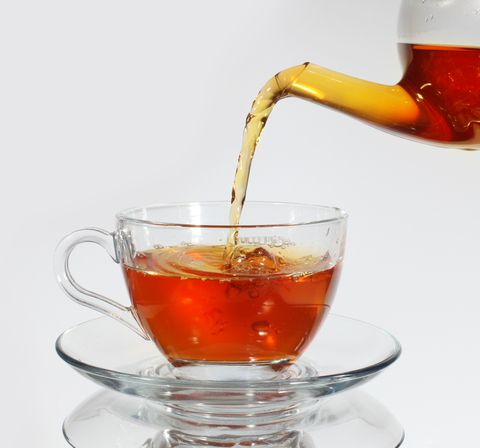
I’ve got the kettle on becaues today is International Tea Day, celebrated by many tea-producing countries.
Etymology and linguistics have always intrigued me. I like knowing where words come from, how they transformed into words in my language, and why some words are almost identical across many languages and cultures.
I was fascinated, when I started learning about tea that around the world, what we call it can be traced back almost entirely to one thing – how it arrived in different countries, starting over 2,000 years ago. There are really only two variations. Both originate from Chinese, but one is more coastal, and the other more inland.
The history of tea is long. Archeological evidence tells us tea was first cultivated in China around 1600 BC, but was drunk long before then. Of course, it has now been widely exported around the world and is now grown in Asia, Africa, South America and on the costs of the Black Sea and Caspian Seas.
According to World Population Review, Türkiye is now the largest consumer of tea, at approximately 3.16 kg of tea per person each year. And it’s why when I wrote my first novel – Another Glass of Tea – which takes place partly in Türikye (then called Turkey), not only did tea make it into the title, it made it into the cover art.

Except the Turks don’t it ‘tea’ – or any variation on the word we use in English. Or French. Or even Afrikaans or Javanese. That’s because tea while arrived to us by sea, it arrived to present-day Türkiye to them through trade by land, along the Silk Road. If you’ve read my book, you know the Turks serve it black and piping not in small glasses. They call it çay. And all other languages to which tea arrived by land call it by some variation of the same. In Russian? Chay. Korean? Cha. Hindi? Chai.
Interestingly, in the western hemisphere, the only country that doesn’t use a variation of ‘tea” is Brazil, presumably because Portugal got tea by land. Want to learn more? There’s a great article with a map that shows how tea – or çay – made its way around the world etymologically.
Whatever you call it, and whether you celebrate International Tea Day today, or on May 21, the United Nations International Tea Day, today is a great day join me in a cup, a mug or a glass of tea and to curl up with the book of your choice.
Enjoy!
